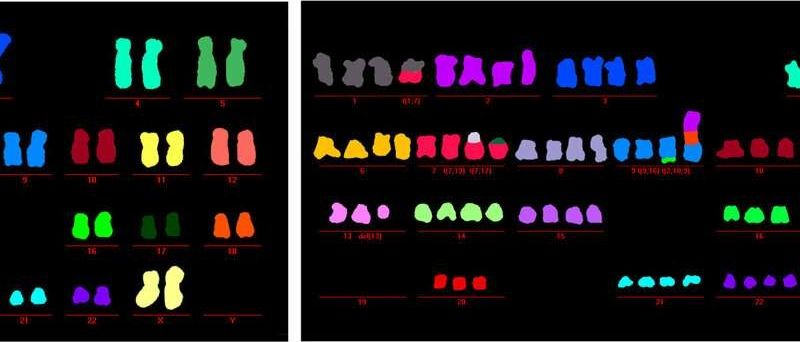Jan 23, 2019
What’s inside nothing? This laser will rip it up to find out
Posted by Genevieve Klien in category: particle physics
Far from being empty, the vacuum of space could be brimming with mysterious virtual particles. We now have a machine powerful enough to tear it apart and see.
By Jon Cartwright
IMAGINE a place far from here, deep in the emptiness of space. This point is light years from Earth, vastly distant from any nebula, star or lonely atom. We have many words for what you would find in such a place: a void, a vacuum, a lacuna. In fact, this nothingness is a sea of activity.
Continue reading “What’s inside nothing? This laser will rip it up to find out” »


















